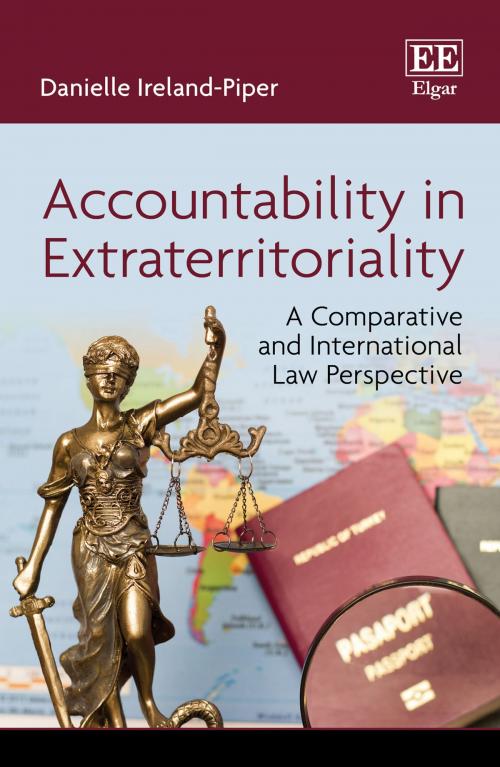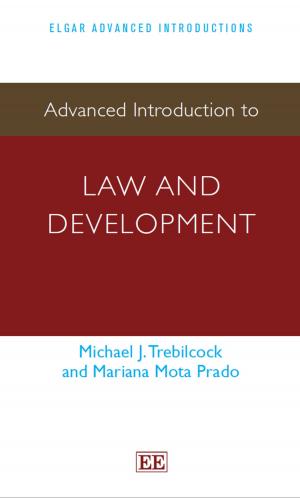Accountability in Extraterritoriality
A Comparative and International Law Perspective
Nonfiction, Reference & Language, Law, International, Constitutional| Author: | Danielle Ireland-Piper | ISBN: | 9781786431783 |
| Publisher: | Edward Elgar Publishing | Publication: | February 24, 2017 |
| Imprint: | Language: | English |
| Author: | Danielle Ireland-Piper |
| ISBN: | 9781786431783 |
| Publisher: | Edward Elgar Publishing |
| Publication: | February 24, 2017 |
| Imprint: | |
| Language: | English |
Nation states are increasingly asserting jurisdiction over criminal offenses that occur extraterritorially. In some instances, this can cause political tension and legal uncertainty, as the principles of jurisdiction under international law do not adequately resolve competing claims. In that context, this book considers principles of jurisdiction and mechanisms by which to achieve jurisdictional restraint under international law, including the possibilities presented by the abuse of rights doctrine.
Nation states are increasingly asserting jurisdiction over criminal offenses that occur extraterritorially. In some instances, this can cause political tension and legal uncertainty, as the principles of jurisdiction under international law do not adequately resolve competing claims. In that context, this book considers principles of jurisdiction and mechanisms by which to achieve jurisdictional restraint under international law, including the possibilities presented by the abuse of rights doctrine.















